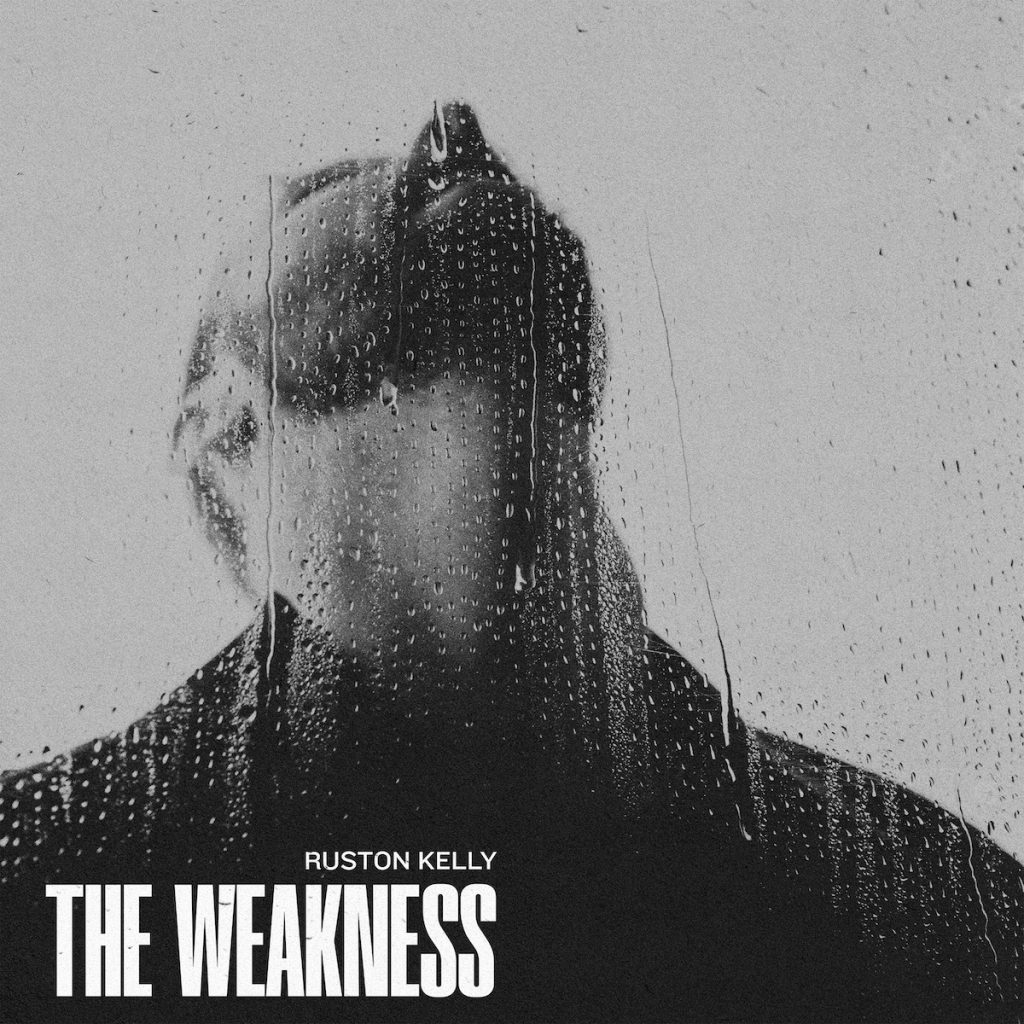ALBUM REVIEW: Ruston Kelly Reckons With Recovery on ‘The Weakness’

Midway through Ruston Kelly’s latest album, The Weakness, the song “Michael Keaton,” feels on the surface like a bit of comic relief, especially right after “Let Only Love Remain,” one of the most tender and candid tracks on the project. The catchy chorus has all the potential to be the album’s earworm:
It’s 3:35 in the morning
And I thought CBD would not get me high
But here I am thinking
What if Michael Keaton killed himself in Multiplicity
Would that be genocide?
But the concept of multiplicity comes into play in earnest on the album, both sonically and lyrically. Kelly’s third album, the product of months spent in solitude at home in Portland, Tennessee, opens the windows to his journey through the year of upheaval following the breakup of his marriage to Kacey Musgraves and other family struggles. The songs that came out of that solitude are both intensely personal and universal.
Kelly made good on his intention for the record to have a “large sound.” The album opens with his smooth, distinctive vocals and simple rhythm guitar on the title track, building as his voice seems to multiply in the melody, taking on an edge of anger, as the instrumentals build and the whole sound grows in strength with the repetition: “We don’t give in to the weakness.”
The arc of the album is the introspection of a man who, in “Hellfire,” admits, “Sometimes I wish I was somebody else” before the resignation:
I give in
I give up
Maybe don’t and just wish me luck . . .
. . .
So what
Oh well
So what
Oh well
Kelly often switches gears mid-song, repeating lyrics to create a different impact each time, and bringing in the album’s producer Nate Mercereau on mellotron, glockenspiel, autoharp, drums, and more to complement his guitar. “St. Jupiter,” with its deceptively light mood, moves through a “strange year” with its long summer and a long winter, too.
The autobiographical nature of the album — and the concept of multiple facets of oneself — is never more apparent than in “Mending Song.” While most of the songs on the album were written during Kelly’s time in Tennessee, this song, the first track completed for the album, is the product of a trip he took to Joshua Tree.
The skeleton of the song is the demo track recorded in his rented room there, played on a baritone ukulele he purchased on the trip. Mercereau’s addition of guitar synthesizer, violin, and organ builds the emotional impact of the song. Kelly makes reference to the mending power of “the love of [his] momma” and the “words of [his] father,” while alluding to his attempt to forgive and move on from the end of his marriage, wishing his former wife happiness. The lyrics also refer to the underlying idea of his “multiplicity”: “I’ll carry every life I’ve lived into the next / Maybe St. Peter will just average all the best …”
The arc of the album does not follow a predictable pattern like stages of grief. Instead, it feels more like a rollercoaster ride, moving from the highs to the lows and back. In “Holy Shit,” he notes, “When I get out of my way / better things appear.” But, he adds, “they always fade away.”
In baring his own experiences, fighting through weakness and pain to draw on his own strength, Ruston Kelly created an album that turns his own experiences and the layers of his own existence into a universal message laced with hope.
Ruston Kelly’s The Weakness is out April 7 on Rounder Records.





